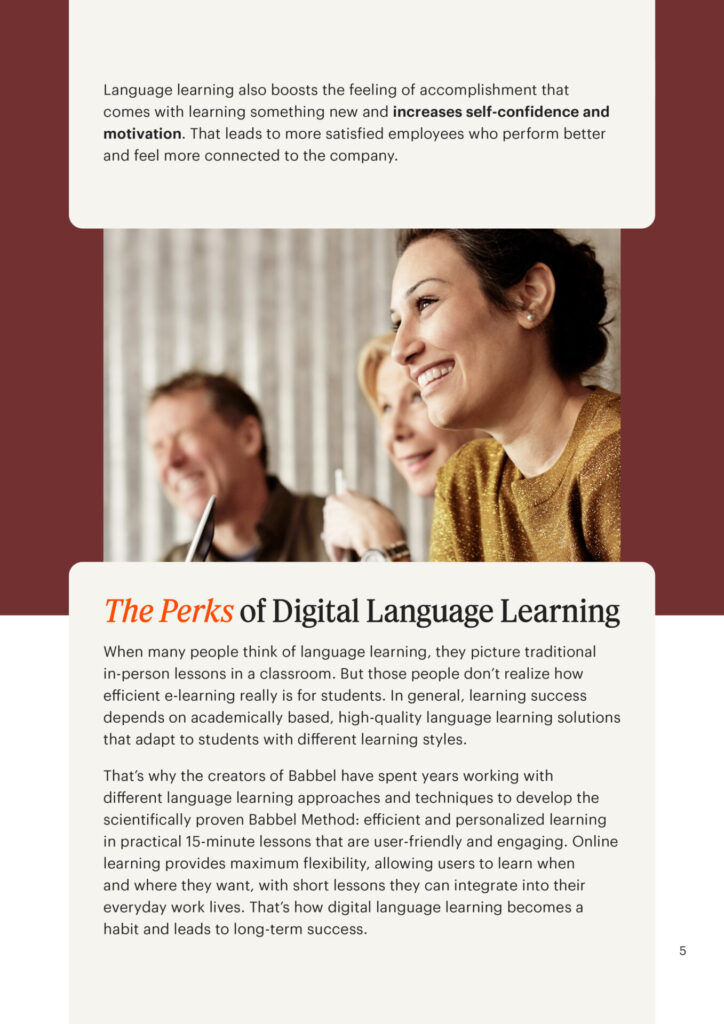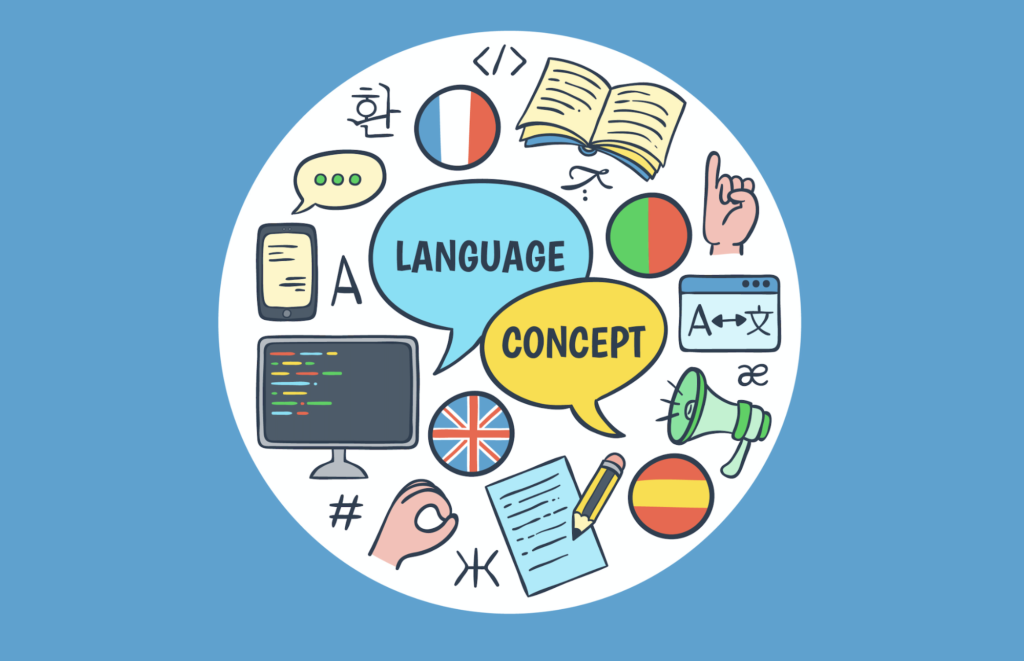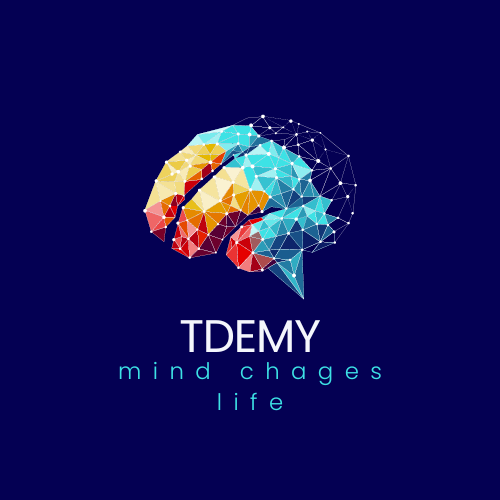| Getting your Trinity Audio player ready... |
[The Ultimate Guide To Effective Language Learning]

[Executive Summary]

Learning a new language is an enriching experience that opens doors to new cultures, career opportunities, and personal growth. However, embarking on this journey can feel overwhelming. This comprehensive guide aims to equip you with the knowledge and strategies to make your language learning journey effective and enjoyable. From understanding your motivations to mastering pronunciation and building fluency, we’ll explore proven techniques and practical tips that will empower you to achieve your language goals.

[Introduction]
Learning a new language is a rewarding endeavor that can expand your horizons, enhance your cognitive abilities, and connect you with people from diverse backgrounds. Whether you’re motivated by travel, career advancement, or simply the thrill of mastering a new skill, the journey of language acquisition can be both exciting and challenging. This guide will serve as your roadmap, providing valuable insights and practical strategies to help you navigate the intricacies of language learning.
[FAQs]
1. How long does it take to learn a new language?
The time required to learn a new language varies greatly depending on factors such as your native language, the target language, your dedication, and your learning style. However, with consistent effort and the right approach, you can achieve fluency within a reasonable timeframe.
2. Is it better to learn a language online or in a classroom setting?
Both online and classroom learning have their own advantages. Online learning offers flexibility and affordability, while classroom settings provide structured instruction and the opportunity for interaction with other learners. The best approach depends on your individual preferences and learning style.
3. What are some common mistakes to avoid when learning a new language?
Common mistakes include relying solely on memorization, neglecting pronunciation, failing to practice regularly, and neglecting cultural context. It’s important to address these mistakes early on to avoid hindering your progress.
[Setting Clear Goals and Motivation]
Before embarking on your language learning journey, it’s crucial to define your goals and identify what motivates you. This will provide direction and keep you engaged throughout the process.
- Define Your Language Goals: Clearly articulate what you want to achieve. Do you want to be able to hold basic conversations, understand written text, or become fluent in the language?
- Identify Your Motivation: What drives you to learn this language? Is it travel, career advancement, personal growth, or a desire to connect with your heritage?
- Set Realistic Expectations: Be realistic about your learning timeline and progress. Don’t expect to become fluent overnight.
- Celebrate Your Milestones: Acknowledge your achievements along the way to stay motivated and track your progress.
[Choosing the Right Learning Method]
The most effective language learning method is one that aligns with your preferences and learning style. Explore various options and experiment to find the one that works best for you.
- Immersion: Surround yourself with the language by traveling to a country where it’s spoken, watching movies and TV shows, listening to music, and reading books.
- Language Exchange: Connect with native speakers through language exchange programs or online platforms to practice speaking and improve your pronunciation.
- Language Learning Apps and Software: Utilize language learning apps like Duolingo, Babbel, and Rosetta Stone to supplement your learning and practice vocabulary and grammar.
- Traditional Classroom Learning: Enroll in language courses at a local college or university for structured instruction and personalized feedback from a teacher.
[Mastering Pronunciation and Vocabulary]
Pronunciation and vocabulary are essential building blocks for effective communication. Focus on developing these skills through deliberate practice and immersion.
- Focus on Phonetics: Pay close attention to the sounds of the language and practice them diligently.
- Listen Actively: Immerse yourself in authentic language materials like movies, podcasts, and music to learn correct pronunciation and intonation.
- Utilize Flashcards and Vocabulary Lists: Create flashcards or use vocabulary lists to memorize new words and phrases.
- Practice Speaking with Native Speakers: Engage in conversations with native speakers to improve your fluency and pronunciation.
[Developing Grammar and Syntax]
Grammar forms the foundation of a language, providing structure to your speech and writing. Mastering grammar requires consistent study and practice.
- Start with the Basics: Focus on learning fundamental grammar concepts like verb conjugations, tenses, and sentence structure.
- Use Grammar Exercises and Worksheets: Practice grammar rules through exercises and worksheets to reinforce your understanding.
- Read and Analyze Texts: Analyze written materials to observe how grammar is used in context and to identify patterns.
- Seek Feedback: Ask native speakers or language teachers for feedback on your grammar to identify and correct mistakes.
[Building Fluency and Confidence]
Fluency is achieved through consistent practice and active engagement with the language. Embrace opportunities to speak, listen, read, and write in the language you are learning.
- Practice Regularly: Aim to speak or listen to the language for at least 30 minutes each day.
- Don’t Be Afraid to Make Mistakes: Mistakes are an integral part of the learning process. Embrace them as opportunities to learn and grow.
- Find Language Partners: Practice speaking with other learners or native speakers to improve your fluency and build confidence.
- Join Language Groups and Communities: Connect with other language enthusiasts to share resources, exchange tips, and motivate each other.
[Conclusion]
Embarking on a language learning journey is an exciting and transformative experience. By setting clear goals, choosing the right learning method, mastering pronunciation and vocabulary, developing grammar skills, and building fluency, you can unlock the world of communication and culture. Remember that consistency, dedication, and a positive attitude are key to achieving your language goals. So, embrace the challenge, embrace the journey, and enjoy the incredible rewards that come with learning a new language.
[Tags]
language learning, language acquisition, effective communication, fluency, pronunciation, grammar, vocabulary, learning methods, motivation, cultural immersion
